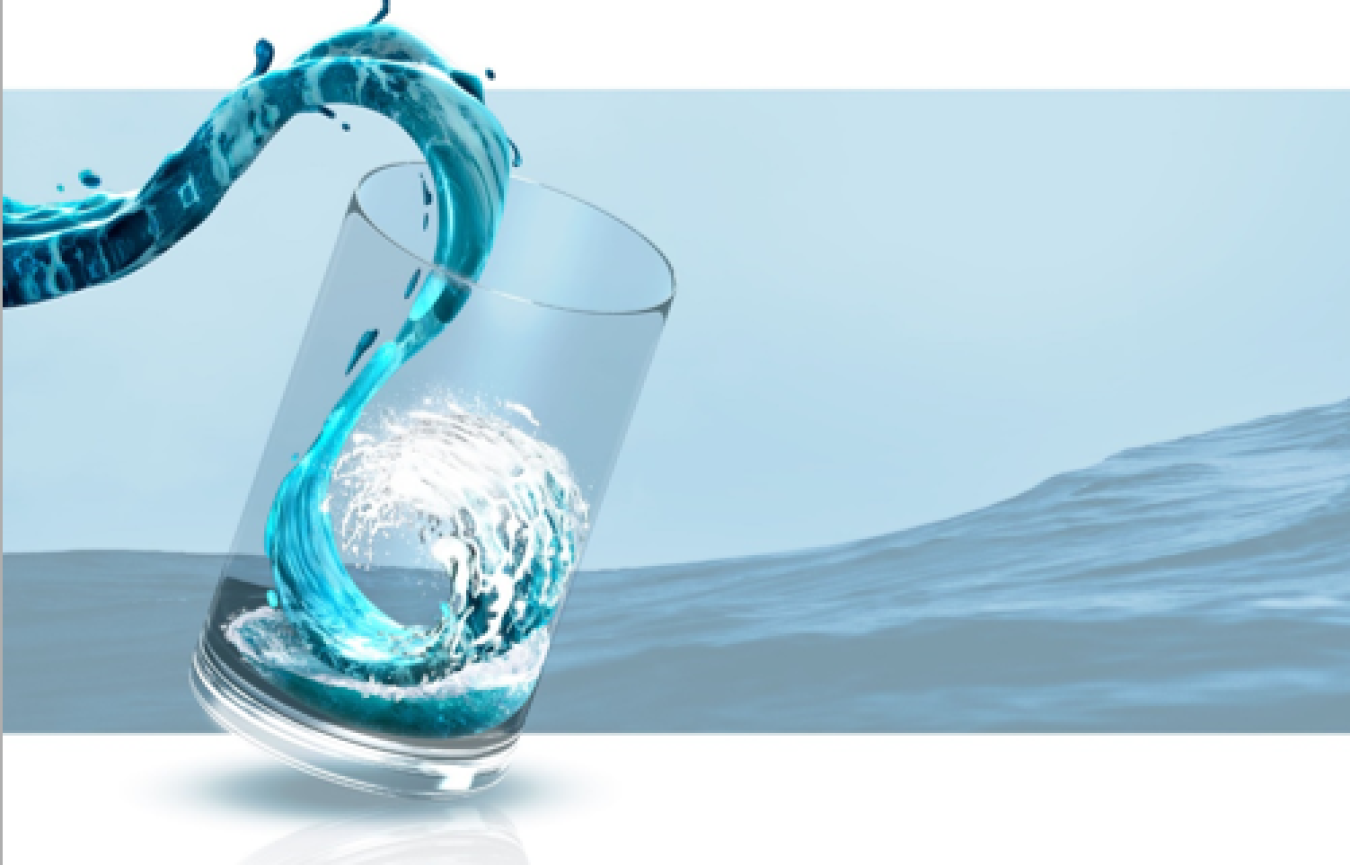
Launch desalination technologies that deliver cost-competitive clean water
BACKGROUND – Over the next 10 years, 40 states expect water shortages in some areas. Cost-competitive desalination technologies can address water security and alleviate water stress by expanding alternative water resources, such as seawater, estuaries, brackish groundwater, and other sources.
CHALLENGE – Current technologies are energy intensive, with energy costs up to 10 times that of treating freshwater. Environmental issues, such as brine disposal, also pose a challenge.
OBJECTIVE – The Water Security Grand Challenge aims to address these barriers by accelerating research, development and deployment to decrease the cost of processed water, increase water supply resilience, and increase the access to low-cost water.
TIMELINE
- In July 2020, the National Alliance for Water Innovation (NAWI) announced its intent to issue a Request for Proposals (RFP) for innovations in intensified brine management solutions for high salinity streams. Prospective applicants are strongly encouraged to consider cost share partnerships. NAWI plans to award 4–12 projects to teams of researchers from industry, academia and DOE’s national laboratories, with a minimum 25% cost share required from each team. NAWI plans to issue the RFP in August 2020.
- In June 2020, DOE announced the winners of Stage 2 of the Waves to Water Prize. The Prize is currently in Stage 3, ADAPT, which offers $800,000 in cash prizes awarded to winning contestants for innovative concepts and designs of wave-powered desalination systems. The prize will conclude in April 2022, culminating in an open water testing competition at Jennette’s Pier in North Carolina’s Outer Banks, where the systems will produce clean water using the power of waves.
- In April 2020, DOE launched the Solar Desalination Prize and submissions for the first phase closed July 1, 2020. By the end of the competition, the teams will have designed a solar-thermal desalination system, obtained the necessary permitting and approval documents, built the system, and then demonstrated the operation of the system. DOE will determine the winner and award a final prize of $1 million in cash.
- In September 2019, DOE selected the NAWI to lead the Energy-Water Desalination Hub. The Hub focuses on energy-efficient and cost-competitive desalination technologies including manufacturing challenges.
- In 2019, DOE opened the first stage of the Waves to Water Prize, a five-stage competition that offers up to $2.5 million to accelerate the development of wave energy powered desalination systems and launch novel technologies to address critical water security challenges.

